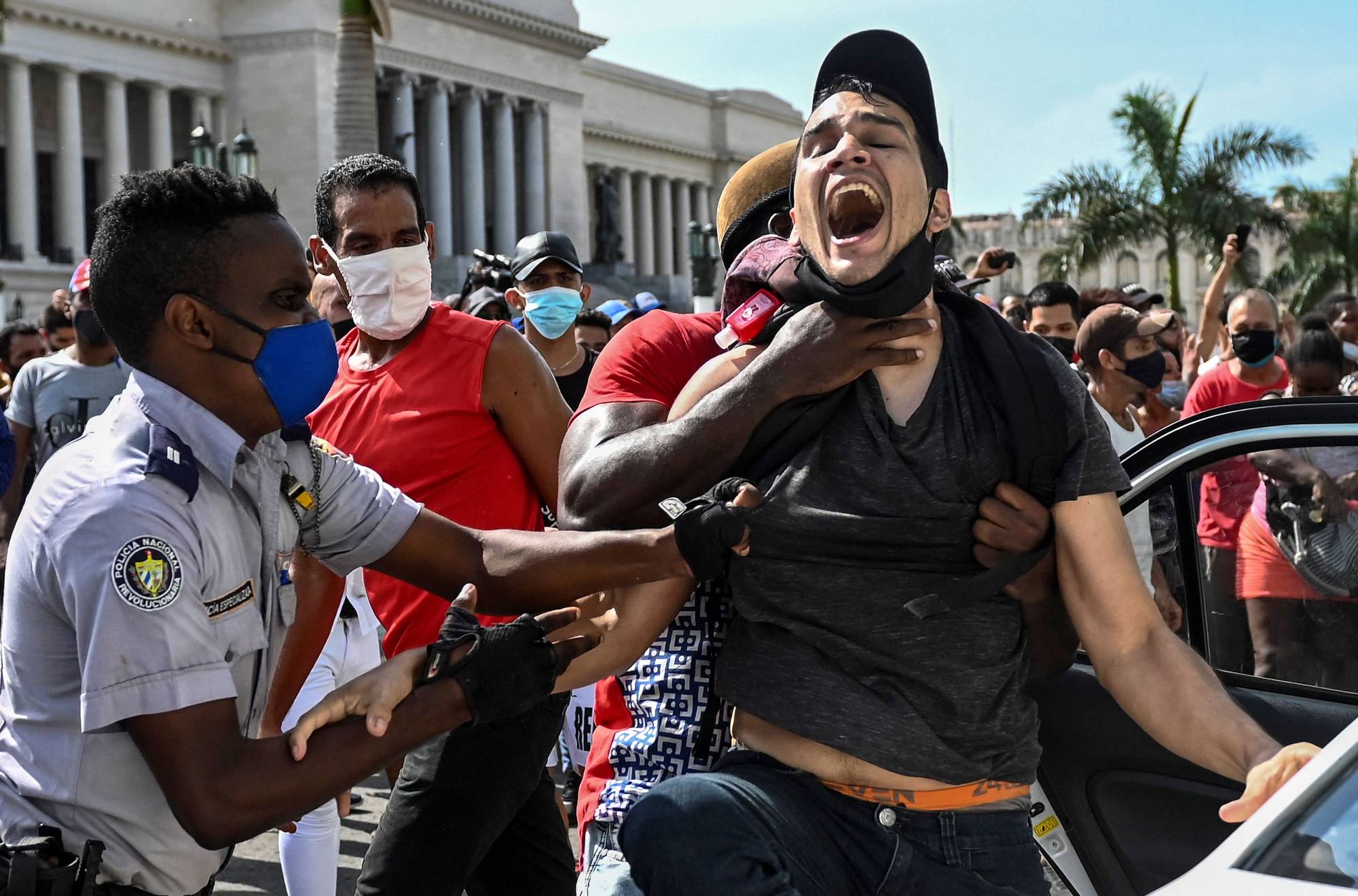If there was a category in the Guinness World Records for the most ineffective foreign policy decisions ever made, the Cuban embargo by the United States would probably be among the leading contenders. How else can we categorize a policy that in more than 60 years hasn’t produced any of the desired effects?
Let’s see. It hasn’t ended the Castro brothers' dictatorial rule over the country. It hasn’t fostered a popular uprising against the regime or led to its downfall. It hasn’t improved living conditions for the Cuban people. It hasn’t fostered better communication with the Cuban government or closer economic ties. And it certainly hasn’t improved the U.S. image in the world.
If anything, the embargo has only succeeded in subjecting Cubans to a life of privation and misery. On several visits to the island on U.N.-sponsored public health missions I witnessed the limited food choices available to Cubans. Going into a bodega was an exercise in frustration. Store shelves were emptier than an unlucky beggar’s cup — not so though in the stores for diplomats, the government elite and its favored artists and sports figures.


















With your current subscription plan you can comment on stories. However, before writing your first comment, please create a display name in the Profile section of your subscriber account page.